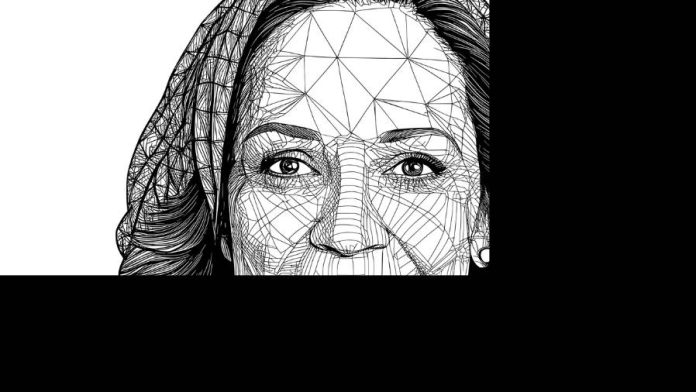New research published in the Journal of Experimental Social Psychology suggests that a simple change in how gender inequality in politics is reported could lead to greater action to address it. The study revealed that framing Congress as “71% male” rather than “29% female” caused women to feel more anger about the disparity and be more inclined to take steps to rectify it.
Emily Balcetis, associate professor of psychology at New York University and co-author of the study, explains, “While most Americans recognize the importance of gender diversity in leadership, portraying the gender gap as women’s underrepresentation may desensitize the public. Presenting the same statistics but reframing the issue as men’s overrepresentation evokes stronger emotional responses and motivates people to work towards increasing access to leadership positions for both men and women.”
In a series of experiments, participants were presented with mock news articles about gender disparities in politics and business. When the disparities in political leadership were framed as men’s overrepresentation, women participants expressed more anger and were more likely to take tangible actions such as writing letters in support of equality legislation and contributing to bias reduction programs.
Despite its impact, the framing effect did not alter perceptions of gender gaps in business leadership, and men’s emotional responses remained consistent regardless of how the disparity was described.
Rachel Godsil, professor at Rutgers Law School and study co-author, stresses the importance of having both men and women in leadership roles in politics and business. She states, “Our society benefits when we have women as well as men as leaders in politics and business. It is crucial that we can all be confident that no one is excluded from leadership positions because of their gender.
Lead author Usman Liaquat, formerly at NYU and now at Cornell University, underscores the practical implications of the study: “Portraying the gender gap in politics as stemming from men’s advantages—such as their overrepresentation—rather than women’s disadvantages not only impacts how women perceive this issue but also motivates action to combat it.”
These findings are particularly relevant given Vice President Kamala Harris’s recent defeat in the 2024 presidential election, reigniting conversations about persistent gender disparities in political leadership. While the research suggests that subtle changes in media discourse could mobilize support for addressing these disparities, it also highlights the complexity of the challenge, as different groups respond differently to different framings of the issue.
If you found this piece useful, please consider supporting our work with a small, one-time or monthly donation. Your contribution enables us to continue bringing you accurate, thought-provoking science and medical news that you can trust. Independent reporting takes time, effort, and resources, and your support makes it possible for us to keep exploring the stories that matter to you. Together, we can ensure that important discoveries and developments reach the people who need them most. Thank you for helping us continue to share knowledge and inspire curiosity!




